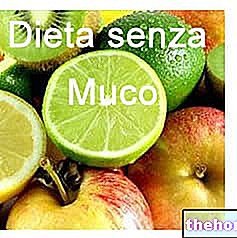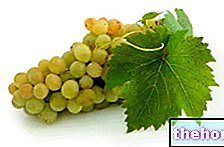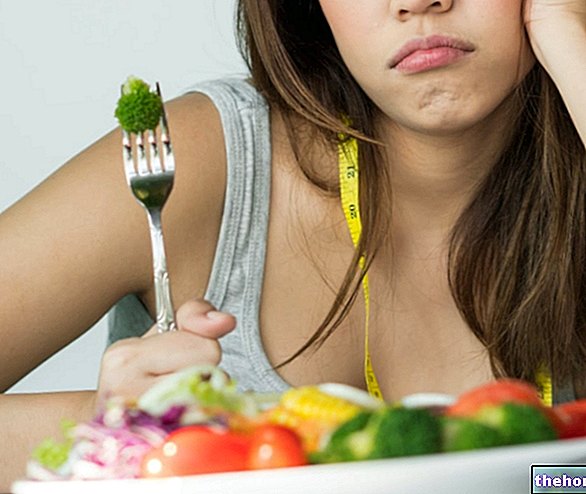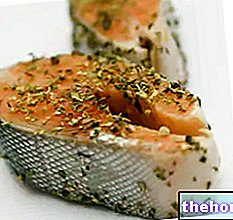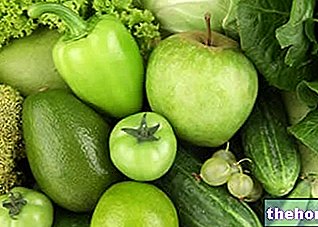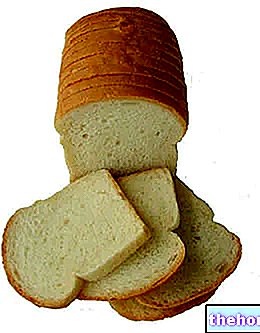Is There a Link Between Diet and Acne?
The link between diet and acne has been empirically proven by many people. There are those who get covered with pimples when they overdo it with chocolate, those who notice a link between acne and fatty foods such as fried food, and those who consider the hated boils the 'inevitable' outlet 'of recent indigestion.

Despite this, since the 1960s, scientific research has repeatedly emphasized the absence of evident relationships between diet and acne.
Those who practice holistic medicine, on the other hand, have always argued that toxins, stress and bad nutrition contribute in an important way to the eruption. Examining the scientific literature of recent years, however, we realize that even according to some academic studies there is a link between acne and diet.
Foods to Avoid
The most accredited research on the subject shows that a "diet rich in foods with a high glycemic index can favor the onset of acne."
High Glycemic Index Foods
If consumed in excess, sugary drinks, yogurt and fruit juices sweetened with industrial quantities of sucrose, white bread, pastries and various sweets, raise insulin levels, which in turn increases the synthesis of IGF-1 and androgens.
These hormones stimulate the cutaneous production of sebum, an oily mass that dilates the walls of the hair follicle and engulfs cellular debris until it closes. In addition to increasing the sebaceous secretion, in fact, IGF-1 also stimulates the hyperkeratization of the stratum corneum (it thickens the most superficial layer of the epidermis, accelerating its turnover).
The accumulation of sebum and debris inside the hair follicle leads to the formation of real "plugs", called comedones (whiteheads first and blackheads later), and favors the appearance of pimples.
The latter are caused by the activity of some skin bacteria, which feed on sebum and release free fatty acids. These substances recall white blood cells and various inflammatory molecules, giving rise to what is commonly called a boil.
Reducing the presence of foods with a high glycemic index in one's diet therefore seems to be a valid strategy to mitigate the severity of acne manifestations. Not only that, we have long known that this rule also protects against overweight, obesity, insulin resistance, type II diabetes, polycystic ovary syndrome and coronary heart disease.
Acne and Chocolate
Among the foods believed to be responsible for acne, chocolate is probably the most frequently mentioned.
Since this is a food with a high glycemic index and load, it is clear that an abuse of chocolate can favor the appearance of acne and pimples.
However, to clarify the role of this food in the acne diet, it is important to consider the quality of the chocolate consumed.
- If we take as a reference the commercial chocolate spreads (see Nutella), they are on average foods with a high glycemic index and load (because they are very rich in sugars), with high percentages of saturated fats from palm oil. Milk derivatives are also often present and their particularly sweet and inviting taste often leads to consuming them in excess. These poor quality products can therefore be considered the ideal prototype of the pro-acne food.
- The situation is different for extra-dark chocolate bars with a high percentage of cocoa (70% and more), in which the content of simple sugars is lower and where tropical oils are not normally found. Furthermore, the bitter taste tends to limit the portions of consumption. Therefore, accustoming the palate to this category of products avoiding commercial ones can be a valid aid in the diet against acne. Alternatively, it is also possible to prepare homemade spreads with quality ingredients, following our video recipes:
- Nutella-type Hazelnut Spreadable Cream
- Chocolate Spread Without Eggs
- Vegan Hazelnut Spreadable Cream
Anti-Acne Foods
If we were to draw up a specific diet against acne we should therefore repeat the basic principles of a healthy diet in detail. Important, therefore:
- contrast a low intake of refined carbohydrates with the right quantities of fats, proteins, complex carbohydrates and above all fibers, mineral salts and vitamins,
- rediscover fish and legumes on at least a couple of weekly occasions each
- limit salt and alcohol
- at the same time increase the intake of plant foods (fruit and vegetables), consuming at least 4-5 portions a day.
A diet of this type brings numerous functional substances (phytocomplexes), which act harmoniously in regulating biological functions and eliminate any need to resort to various supplements.
Supplements against Acne
Among these are products specially designed for acne, whose composition - in the absence of a universally effective remedy - is the most variable.
Generally, we try to act on several fronts, combining the diet with the intake of various substances, such as:
- antioxidants;
- vitamins (in particular A, E, C and pantothenic acid);
- fibers and probiotics to regulate intestinal function;
- zinc;
- liver detoxifiers (boldo, artichoke, milk thistle);
- plant extracts with antiandrogenic properties (Serenoa repens, pumpkin seeds, African pigeo) for man;
- phytoestrogens for women.
Other articles on "Diet and Acne"
- Acne homeopathy
- Acne
- Acne: acne medications and treatments
- Acne - Acne treatment drugs
- Acne: natural remedies

